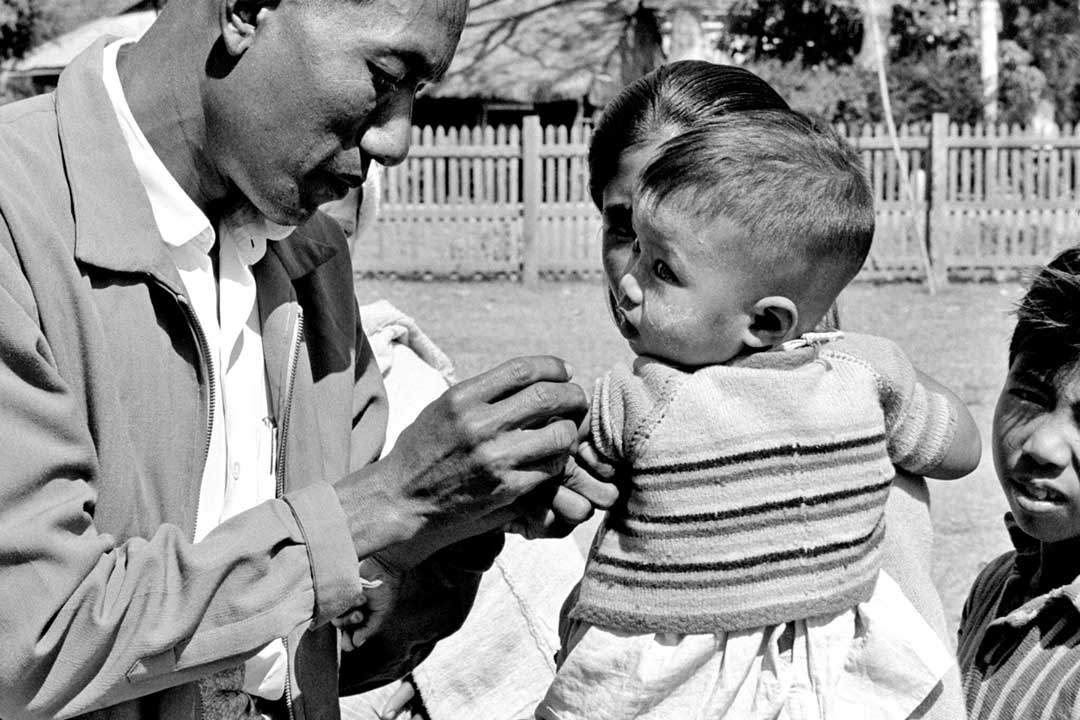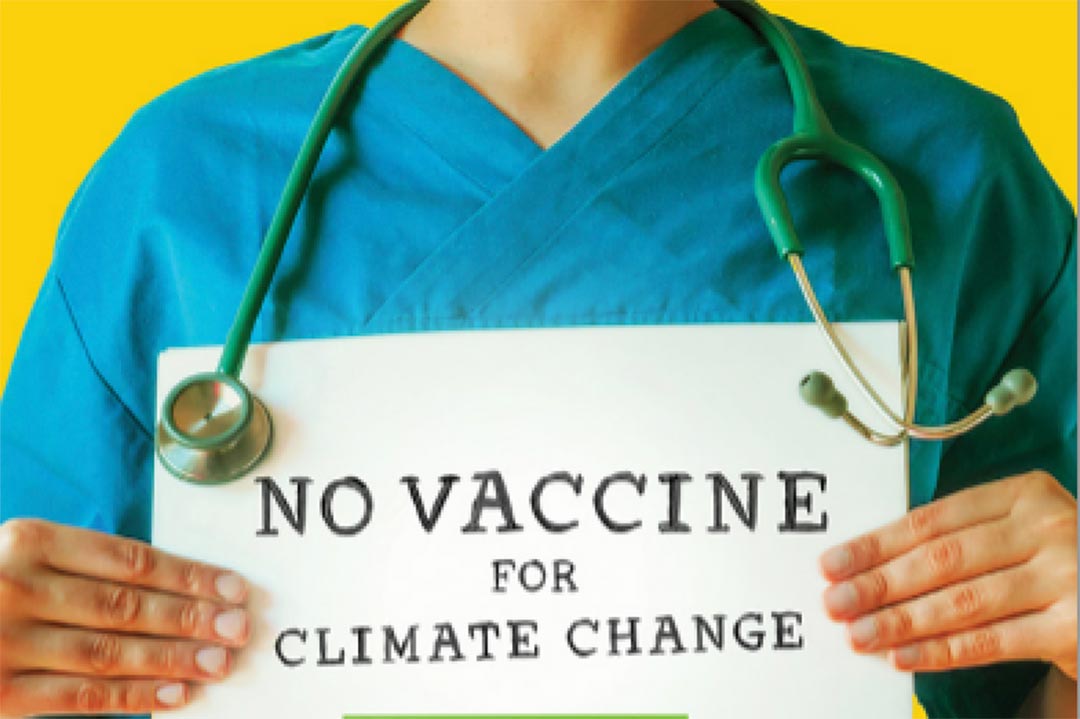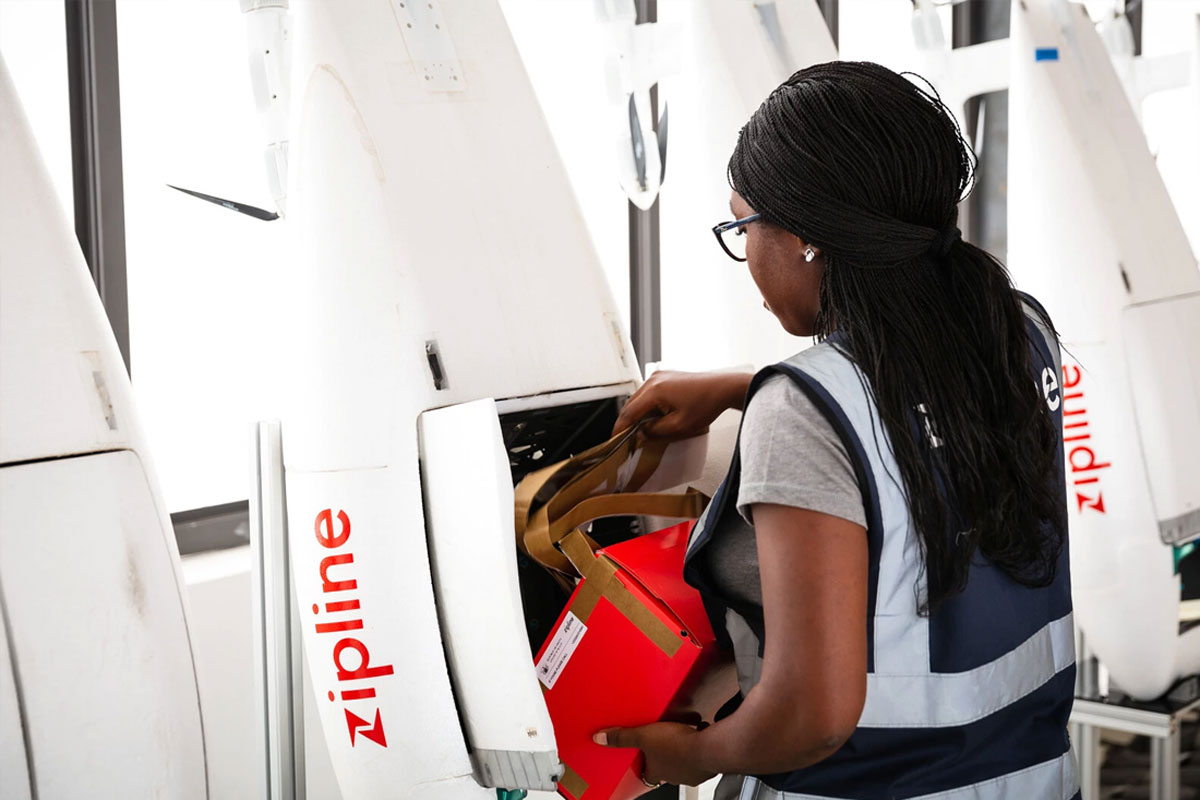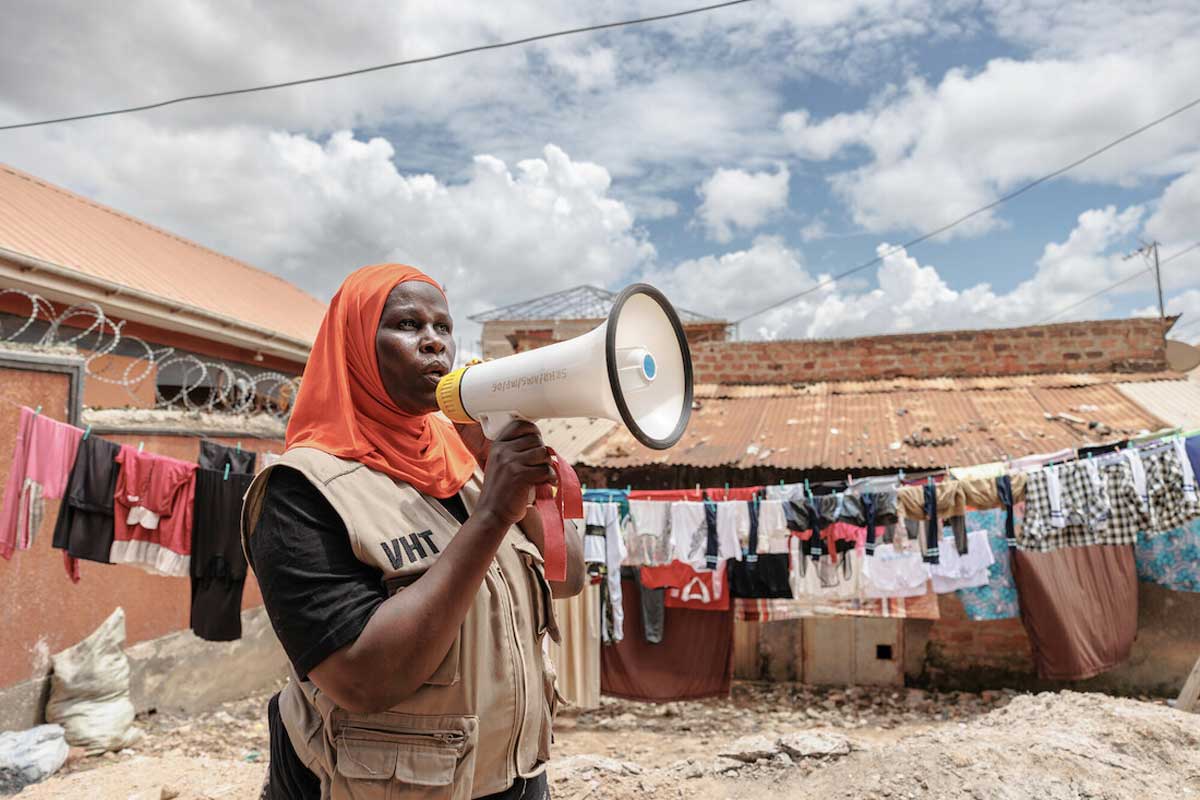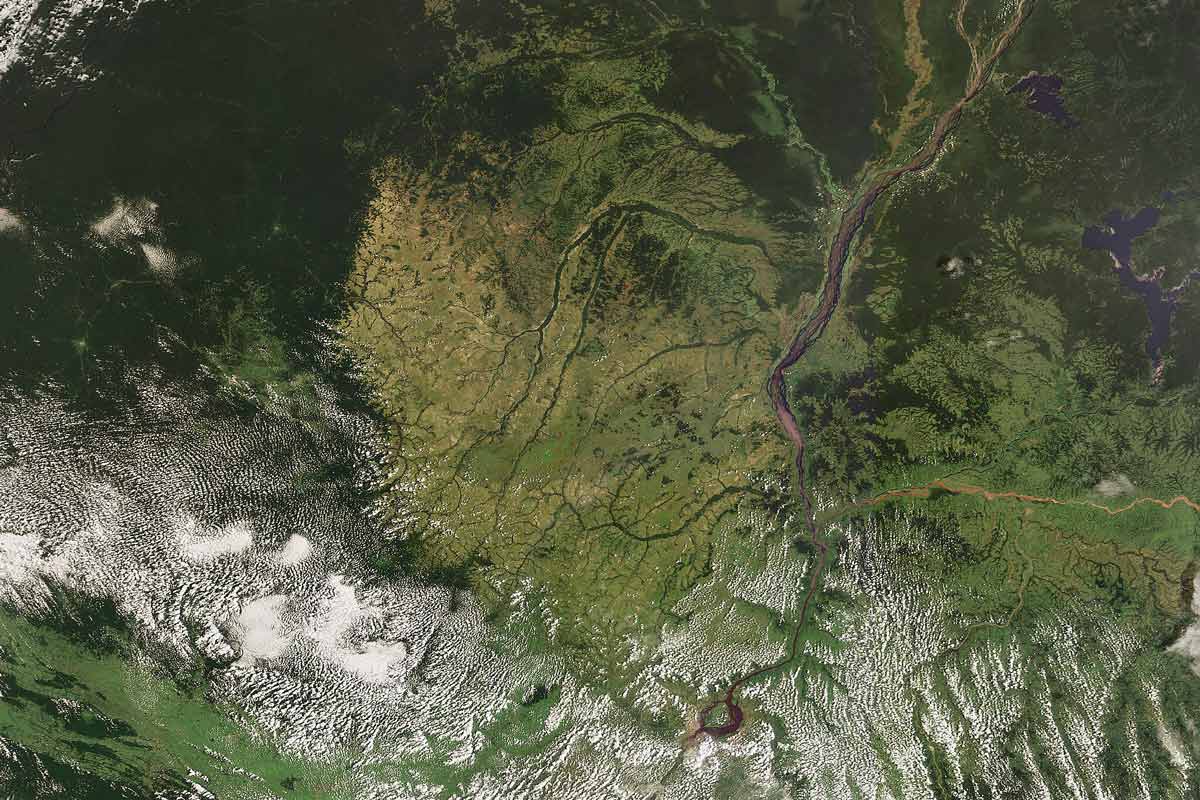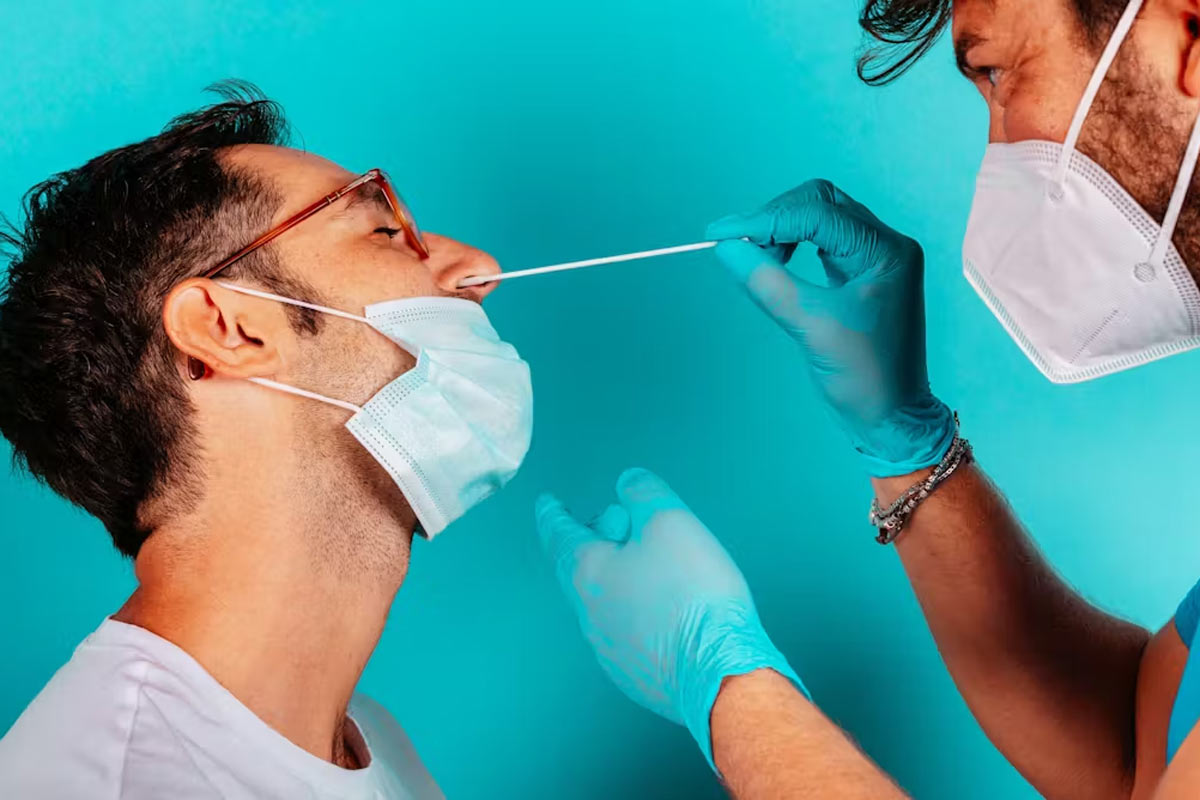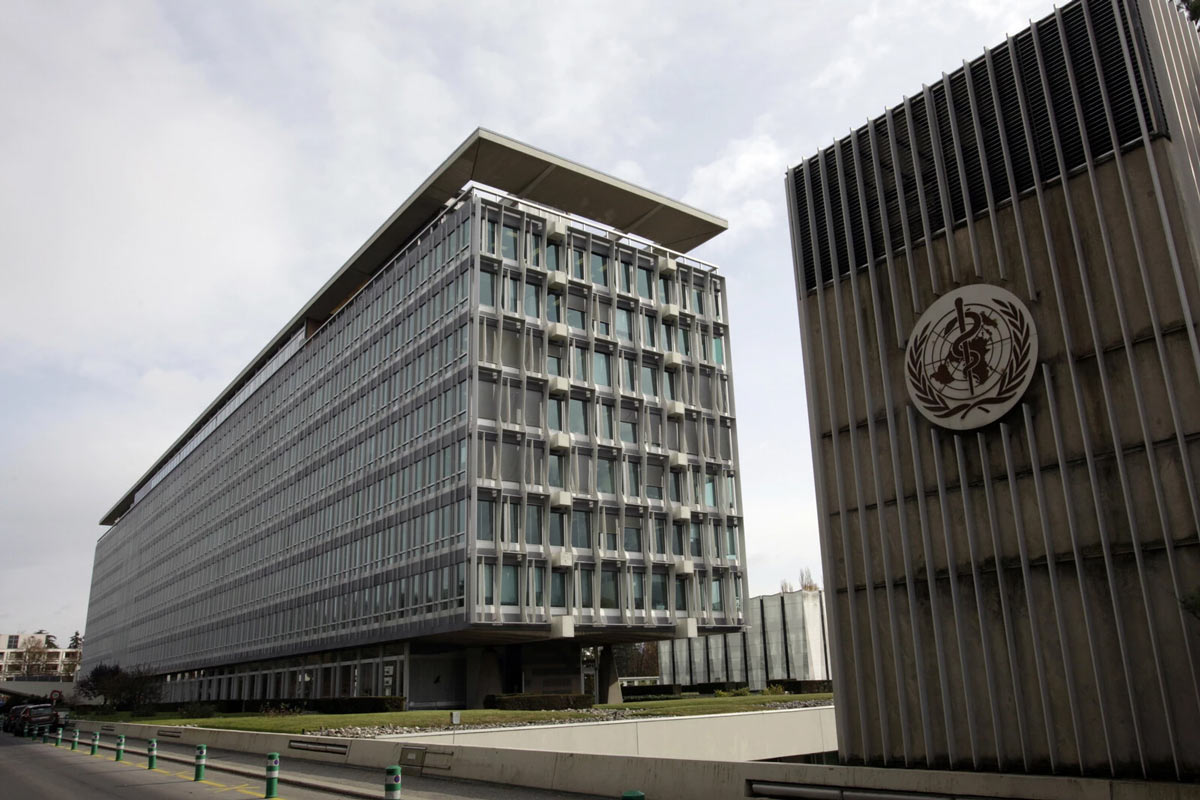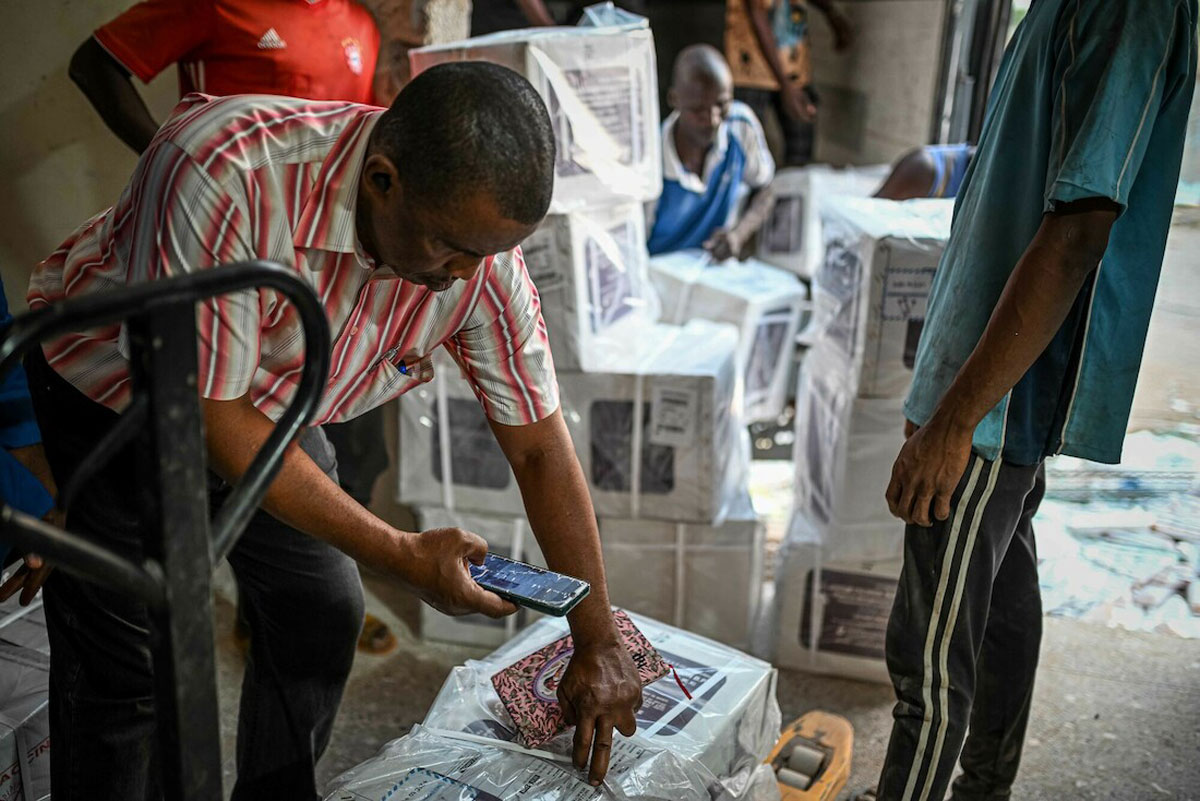A new era of immunisation is here: here’s how we can turbocharge it
In less than 24 hours, Protecting Our Future: The Global Forum for Vaccine Sovereignty and Innovation will be held in Paris. Co-hosted by France, the African Union and Gavi, the Vaccine Alliance, it will launch two major initiatives that can turbocharge a new era of immunisation.
- 19 June 2024
- 7 min read
- by Pascal Barollier
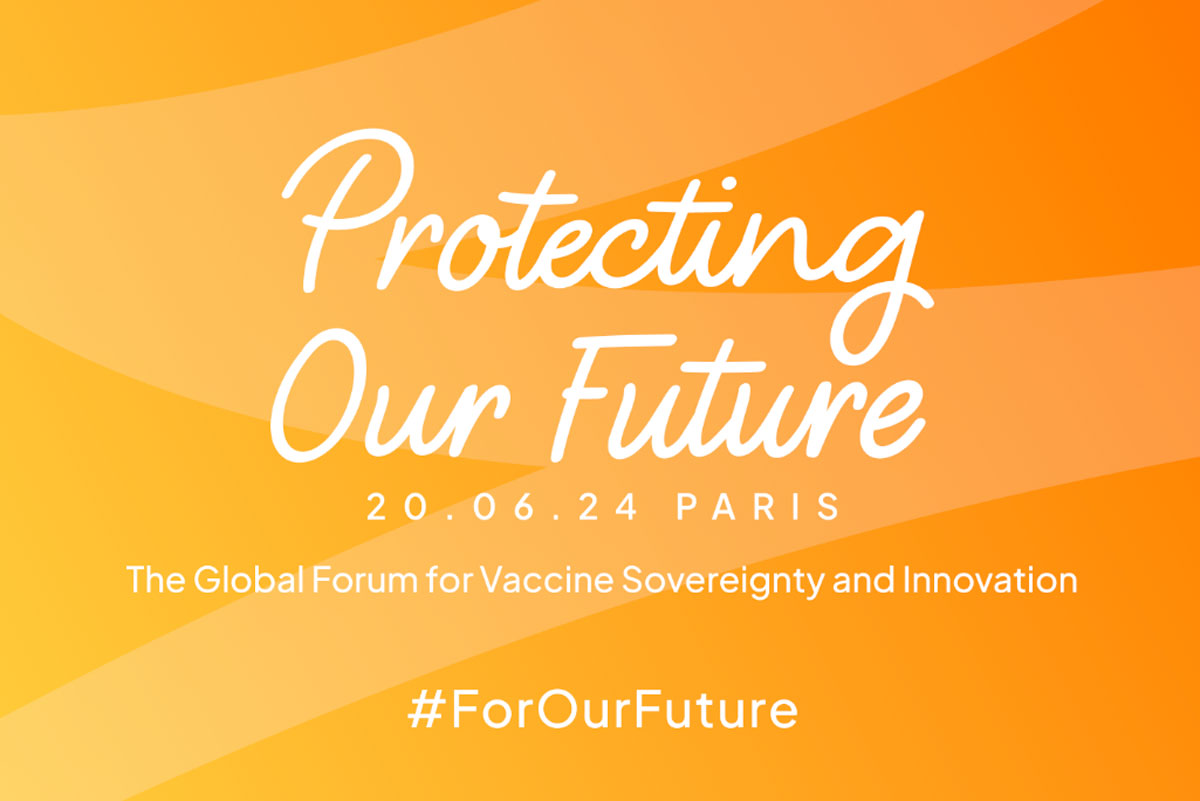
Some technologies are easy to take for granted. Few people think twice about the massive impact the fridge, the toilet, the bar of soap has had on our habits, our health and our society.
Vaccines are one of the biggest victims of this phenomenon. We have become so accustomed to their impact and their efficiency that few of us worry about the diseases they have defeated so completely. Whooping cough, rubella and diphtheria seem like words from a different era. We even call the basic, essential, lifesaving vaccines recommended for every baby ‘routine immunisation’.
But it’s this counterfactual – what would life be like if we didn’t have vaccines? – that we need to keep at the top of our mind if we want to progress in our millennia-long battle against disease.
Investment in immunisation is an investment in our collective future: a healthier, more prosperous future for all of us.
There are the big victories: we no longer need to worry about smallpox claiming millions of young lives. Polio has been restricted to just two countries and a handful of cases each year. Child mortality has plummeted worldwide.
But there’s also the less headline-grabbing successes. The hundreds of thousands of children who aren’t blinded by measles, which used to be one of the biggest causes of blindness, or left permanently disabled by a bout of meningitis.
This parallel world without vaccines may be hard to visualise, but it exists in our history books. And for much of the world we don’t have to go back too far to see what it was like.
Modern-day miracles
This year marks the 50th anniversary of the Expanded – now Essential – Programme on Immunization, or EPI. This innocuous sounding acronym – one of many in global health – hides a revolution in child health. It marks the idea that vaccines should be available to every child, no matter where they’re born. That preventable diseases shouldn’t be only preventable for the wealthiest.
Back in 1974 less than 5% of children in lower-income countries received basic, routine vaccines. By 2000, when Gavi was established, this had risen to 59%. By 2022 our alliance had helped bring this figure to 81%, just a few percentage points off the global average. A child today is 40% more likely to live to his or her next birthday than fifty years ago. 154 million lives have been saved.
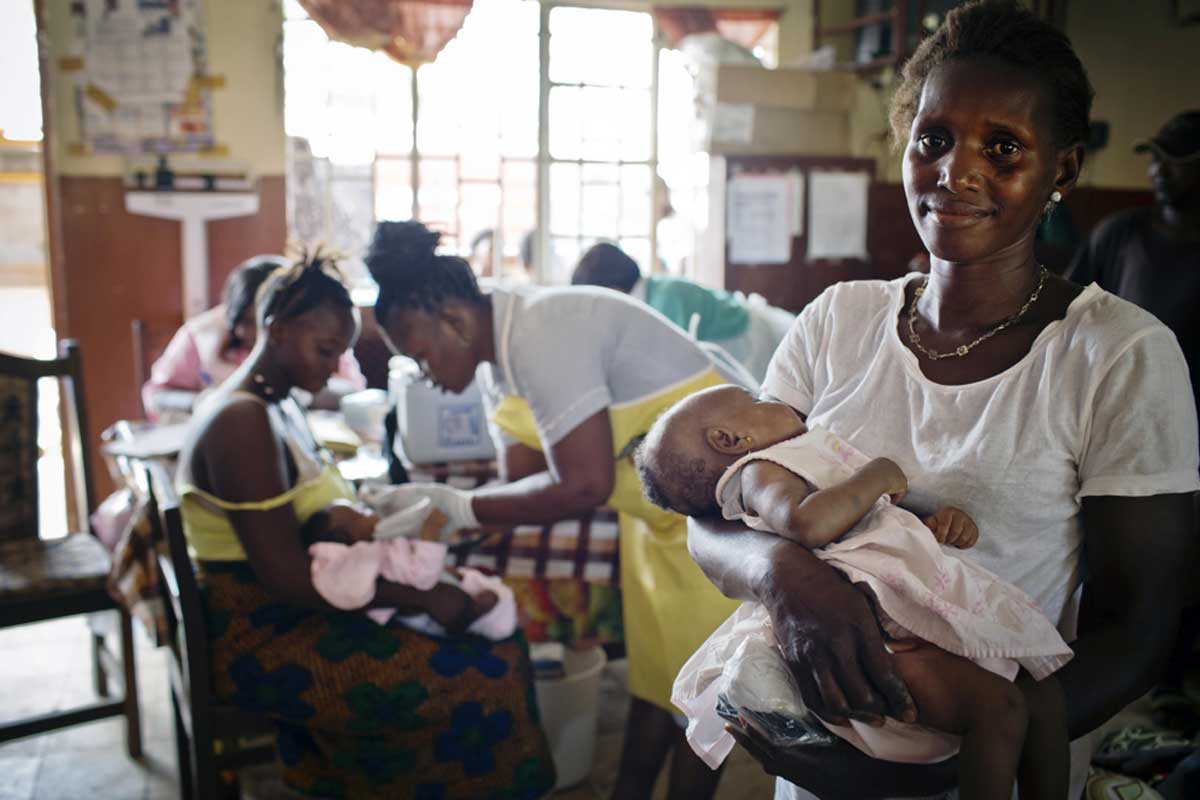
Behind these numbers lie emptying paediatric wards at hospitals; children able to go to school and lead healthy, successful lives; millions upon millions of families spared the unimaginable grief of losing their child to a disease that here in the Global North we’ve all but forgotten about.
As Professor Muhammad Ali Pate, Nigeria’s Minister of Health and Social Welfare, says: ‘vaccines are a modern-day miracle’.
New era
For all of us working in global health, this progress – one of humanity’s greatest achievements, as our Humanly Possible campaign makes clear – gives us an incredible platform to build on.
And this platform will be crucial as we enter a new era in global immunisation.
This new era begins with new challenges and new threats. The pandemic had a major impact on immunisation progress, causing vaccine coverage to fall for the first time in decades. We are seeing signs of recovery, but vaccination rates still haven’t reached the levels we saw in 2019.
Then there are the twin threats of climate change and antimicrobial resistance, both of which are already having a major impact on our global health. In both cases vaccines are an integral part of the solution, key to our efforts to adapt to a changing climate and reduce the use of antibiotics to tackle resistance.
But within this new era lies unprecedented opportunity. New vaccines are emerging that could help us tackle some of humanity’s oldest foes: malaria vaccines are right now, with Gavi support, reaching children across Africa. New vaccines against tuberculosis, dengue and group B streptococcus are on the horizon. Existing vaccines, such as the HPV vaccine that tackles the leading cause of cervical cancer, could reach many millions more.
![Benta Achieng, 24, with her 9 month-old son Raymond Biha in Sindo, Kenya. As she says: “Today my child has received the third dose of malaria [vaccine] and I feel he’s protected, better than his older siblings who did not have a chance to receive.” Gavi/2023/Kelvin Juma](/sites/default/files/vaccineswork/2024/Body/PB3-Gavi-2023-Kelvin-Juma.jpg)
This coming Thursday Gavi, alongside the African Union and the French government, will bring global leaders to Paris. Protecting Our Future: The Global Forum for Vaccine Sovereignty and Innovation has two main purposes, both of which could help turbocharge this new era of immunisation.
New resources
The first core purpose of this historic event is to launch Gavi’s new Investment Opportunity.
The Vaccine Alliance - comprising governments, donors, vaccine manufacturers, the private sector, civil society and our core Alliance partners WHO, UNICEF and the World Bank – helps to immunise almost half the world’s children every year, and has helped protect over a billion children since our inception in 2000. In our next five-year strategic period, set to run from 2026-2030, we aim to vaccinate more children, against more diseases, faster than ever before.
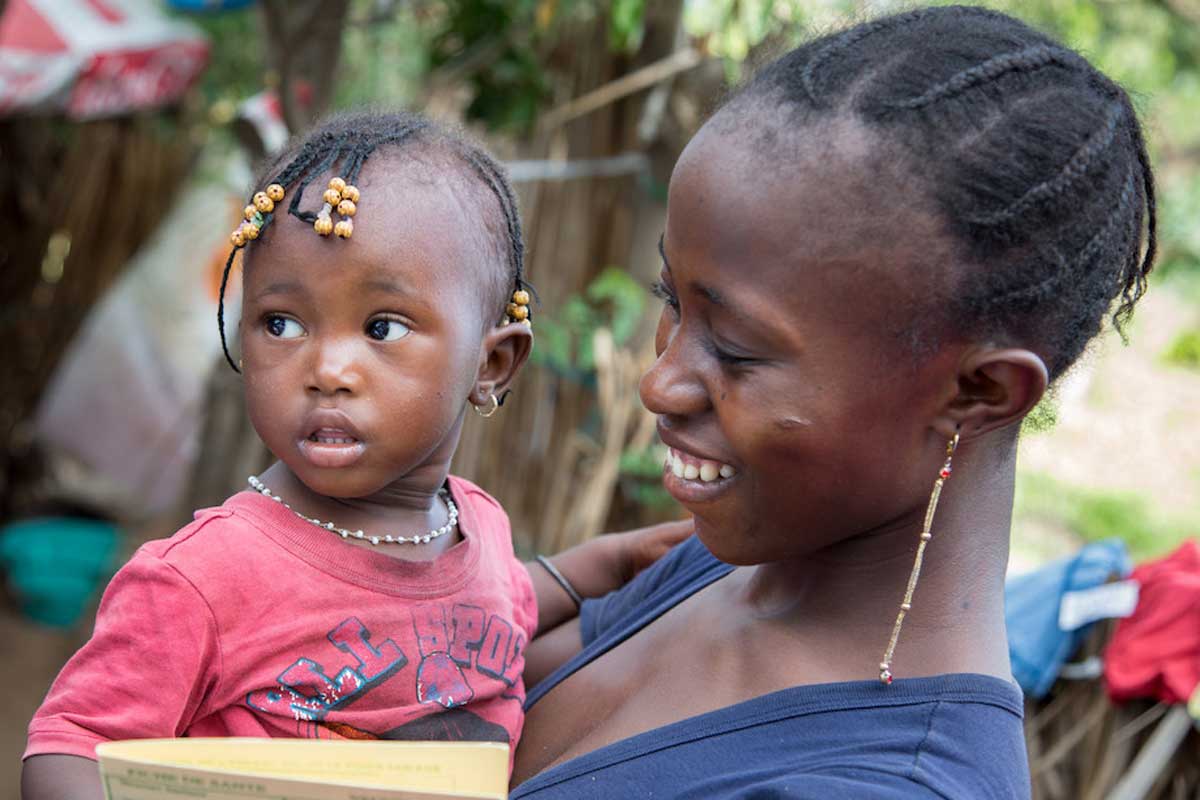
We now need to raise the resources to accomplish this. The new Investment Opportunity outlines the projected impact of the Alliance’s programmes from 2026 to 2030 and how much funding is required to achieve these goals. It will mark the beginning of a campaign that will culminate in a replenishment event at which we hope to raise enough to sustain our Alliance’s work until 2030.
Have you read?
The Investment Opportunity will look at the number of children who could be vaccinated, lives that could be saved, the growing number of diseases against which vaccines are now available and other factors such as expanded stockpiles to cope with expected increases in disease outbreaks, key emergency response mechanisms to contain emerging health threats, the impact of climate change and the economic benefits of immunisation.
Above all, it will make the case for why an investment in immunisation is an investment in our collective future. A healthier, more prosperous future for all of us.
New manufacturing : AVMA as the adjuvant in the ecosystem
The new era of immunisation will not mean business as usual. The pandemic showed that the clustering of vaccine manufacturing capacity in just a few regions of the world can lead to deadly inequities in health emergencies. Politics and borders can too easily trump a truly global response to a crisis.
This is why the African Union has set a goal for Africa to produce 60% of the vaccines it uses by 2040. For a continent that accounts for 20% of the world’s population yet produces just 0.1% of its vaccines, this is a vital initiative that deserves support.
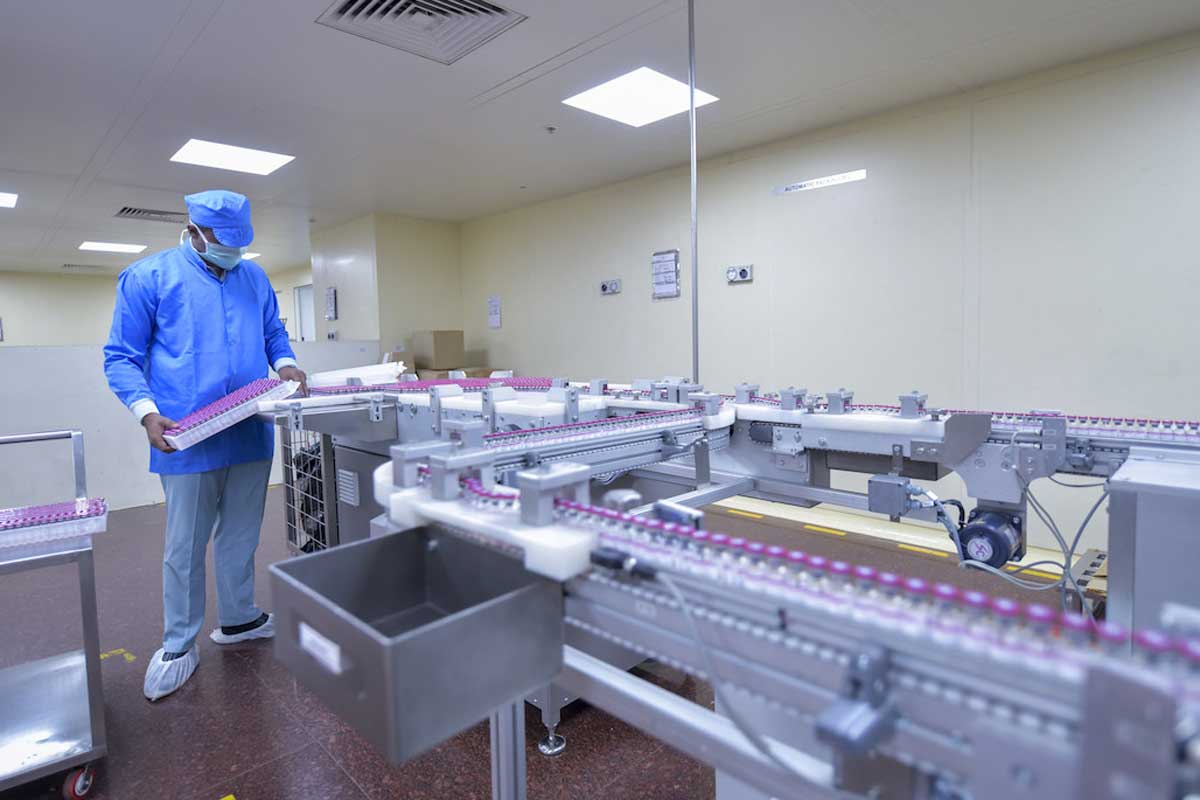
Which brings us to the second purpose of Thursday’s Forum in Paris. We will be launching the African Vaccine Manufacturing Accelerator, or AVMA.
This $1 billion instrument, designed by Gavi in close collaboration with Africa Centres for Disease Control and Prevention (Africa CDC) with extensive consultations with partners, donors, industry, civil society and other stakeholders, aims to help vaccine manufacturers in Africa to scale up production and foster regional diversification of vaccine manufacturing.
AVMA will not achieve the African Union’s target by itself, it is part of an emerging ecosystem of initiatives, mechanisms and enablers that are coming together to help grow a complex industry on the continent. In vaccine terminology, it is an adjuvant that can help support these wider efforts by supporting crucial development stages and offset high start-up costs for vaccine manufacturers on the continent.
A new era of immunisation is beginning. Together, these two crucial initiatives – a fully-funded Vaccine Alliance and a thriving vaccine manufacturing sector on the African continent – can help turbocharge it.
Follow the action
Protecting Our Future: the Global Forum for Vaccine Sovereignty begins, in-person in Paris, at 9.30 am CET on Thursday the 20th of June. Follow this link to navigate to the event livestream, or stay informed via Gavi's social media channels. Contribute to the conversation via the hashtag #ForOurFuture.
